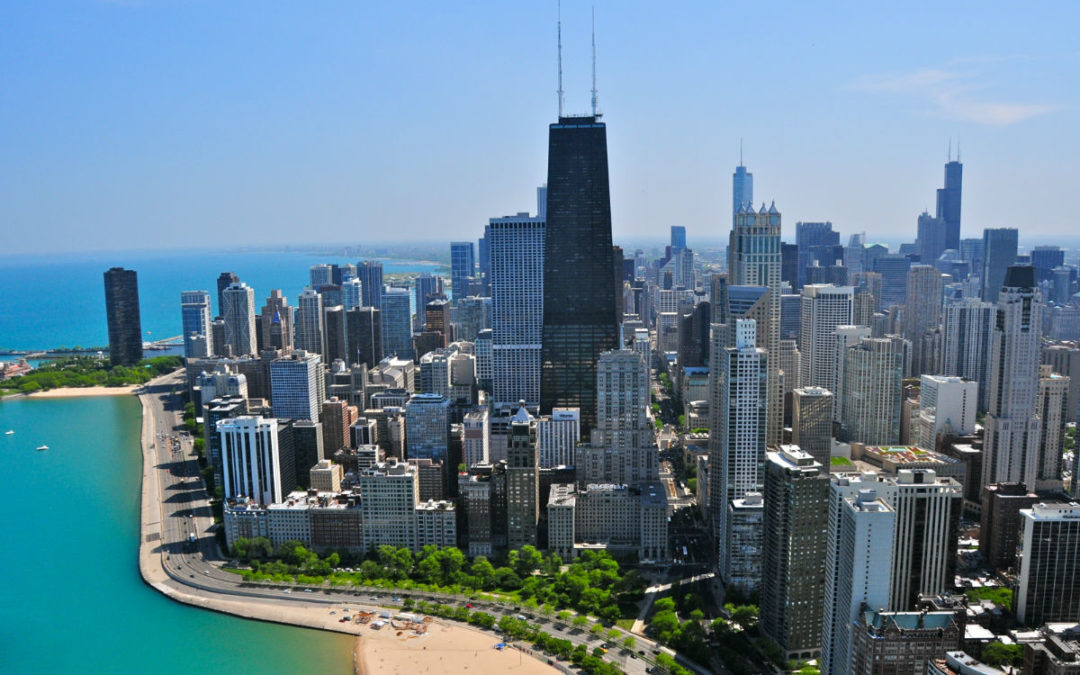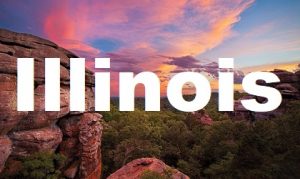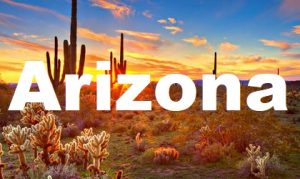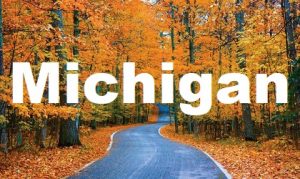Delivering on one of his top campaign promises yesterday, new Illinois governor J.B. Pritzker signed into law the first bill in the U.S. passed through a state legislature that legalizes marijuana and also establishes a licensing system for recreational pot shops to operate. Illinois is the 11th state in the U.S. to legalize recreational cannabis.
The new law goes into effect on January 1, 2020. Illinois residents who are 21 and older will be allowed to possess up to 30 grams (approximately one ounce) of cannabis flower, 5 grams of concentrate and 500 milligrams of THC in edible cannabis products. Non-residents will be allowed to possess up to 15 grams of cannabis flower.
Illinois’ existing 55 medical marijuana dispensaries will have the first option to apply for the new recreational license and each may also opt to open a second location, which would bring the total available pot shops to 110 by January 1. In October, the state will open the application period for 75 additional dispensary licenses. However, that will be the limit on pot shops until a review of the program is conducted by the state.
 As is the case in other states that have legalized pot so far, consumption will be limited to private property and public consumption will not be allowed. While local municipalities can decide not to allow marijuana businesses, they cannot ban possession or use.
As is the case in other states that have legalized pot so far, consumption will be limited to private property and public consumption will not be allowed. While local municipalities can decide not to allow marijuana businesses, they cannot ban possession or use.
The law will also allow over 800,000 people in Illinois with criminal records for past crimes involving 30 grams or less of marijuana to have their criminal records expunged.
“The war on cannabis has destroyed families, filled prisons with nonviolent offenders, and disproportionately disrupted black and brown communities,” Pritzker said before signing the bill. “Law enforcement across the nation has spent billions of dollars to enforce the criminalization of cannabis, yet its consumption remains widespread.”
He also noted that while African-Americans make up 15% of Illinois’ population, they account for 60% of marijuana related arrests. The law will give marijuana-vendor preference to minority owners and 25% of tax revenue from marijuana sales will be dedicated to redeveloping impoverished communities.













